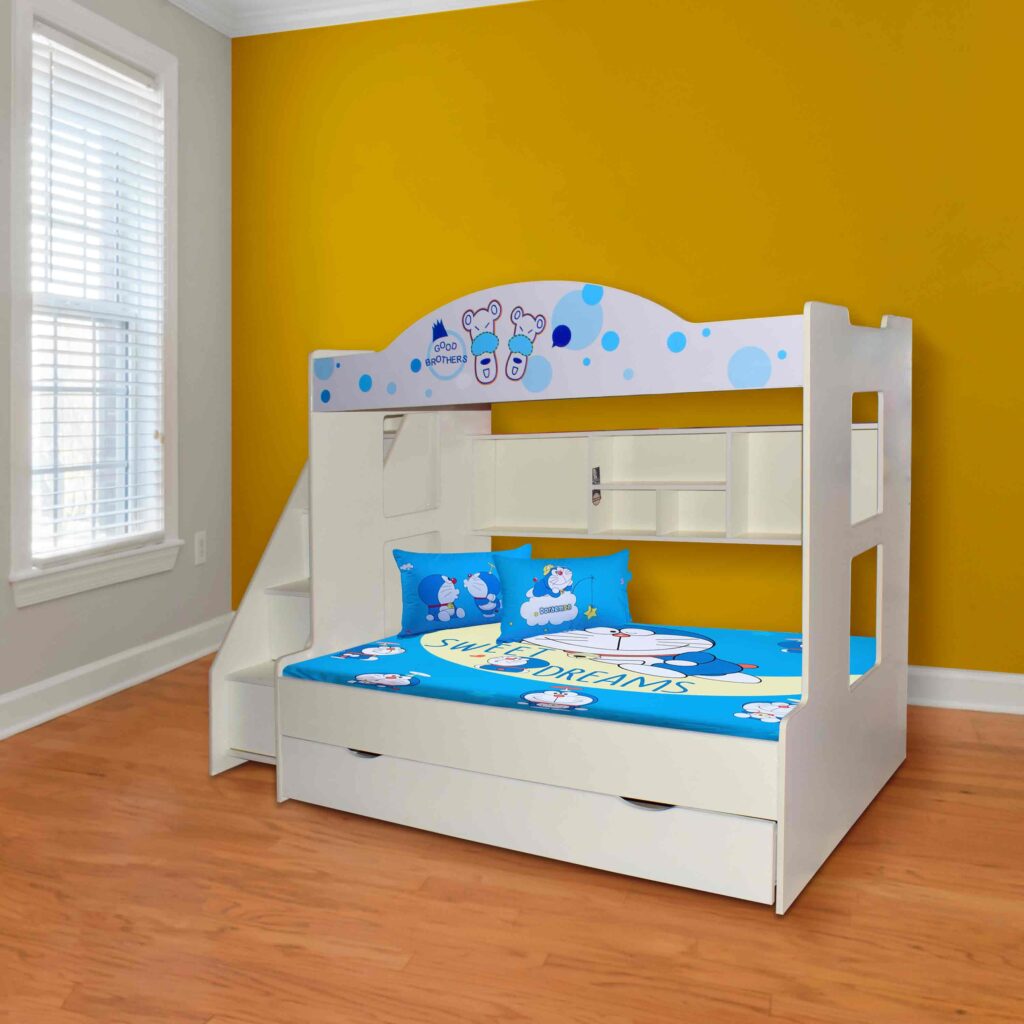Medium Density Fiberboard (MDF) plays a significant role in saving forests and the environment in several ways:
Sustainable Resource Use
Recycled Wood: MDF is primarily made from wood fibers that are often sourced from wood waste and by-products of other manufacturing processes. This reduces the need to harvest fresh timber, thus conserving forests.
Efficient Use of Raw Materials: MDF manufacturing utilizes parts of the tree that are typically considered waste in solid wood production, such as branches and sawdust. This maximizes the utility of each tree harvested.
Reduction in Deforestation
Less Demand for Solid Wood: As an alternative to solid wood, MDF reduces the pressure on forests. Using MDF for furniture, cabinetry, and other applications can decrease the demand for solid wood, leading to fewer trees being cut down.
Forest Conservation: By using wood waste and fast-growing, sustainably managed plantations, MDF production helps preserve natural forests, which are crucial for biodiversity and climate regulation.
Lower Environmental Impact
Energy Efficiency: MDF production can be more energy-efficient than solid wood processing. Some MDF plants use biomass energy generated from wood waste, further reducing their carbon footprint.
Reduced Waste: The manufacturing process of MDF is designed to minimize waste. The use of adhesives and resins helps bond small wood fibers together, creating a strong and durable product from materials that would otherwise be discarded.
Versatility and Efficiency
Material Efficiency: MDF can be engineered to specific dimensions and properties, making it a versatile material for various applications. This can lead to more efficient use of wood resources and less waste during construction and manufacturing.
Durability and Longevity: MDF products often have a long lifespan, which means less frequent replacement and less demand for raw materials over time.
Eco-Friendly Innovations
Low-Emission Products: Advances in MDF technology have led to the development of low-formaldehyde and formaldehyde-free resins, which reduce harmful emissions and improve indoor air quality.
Recyclability: At the end of its life cycle, MDF can be recycled into new MDF or other wood products, further extending the use of the original wood fibers and reducing the need for new raw materials.
MDF contributes to environmental sustainability by making efficient use of wood resources, reducing deforestation, lowering environmental impact through energy-efficient production, and promoting eco-friendly innovations. By substituting for solid wood in many applications, MDF helps conserve forests and supports a more sustainable approach to resource management.

